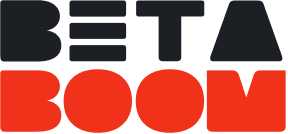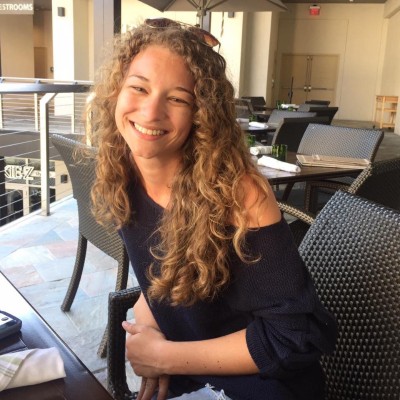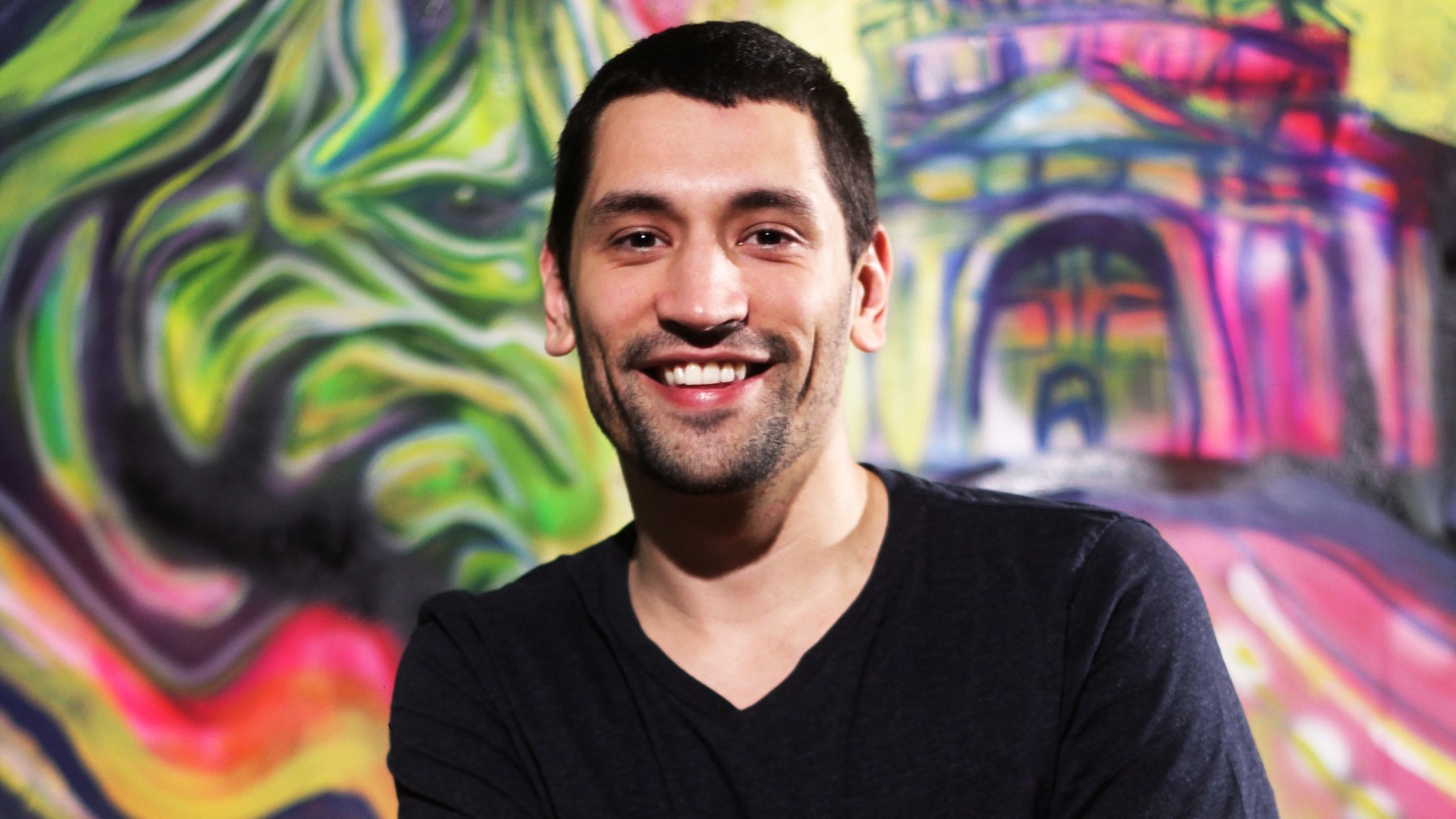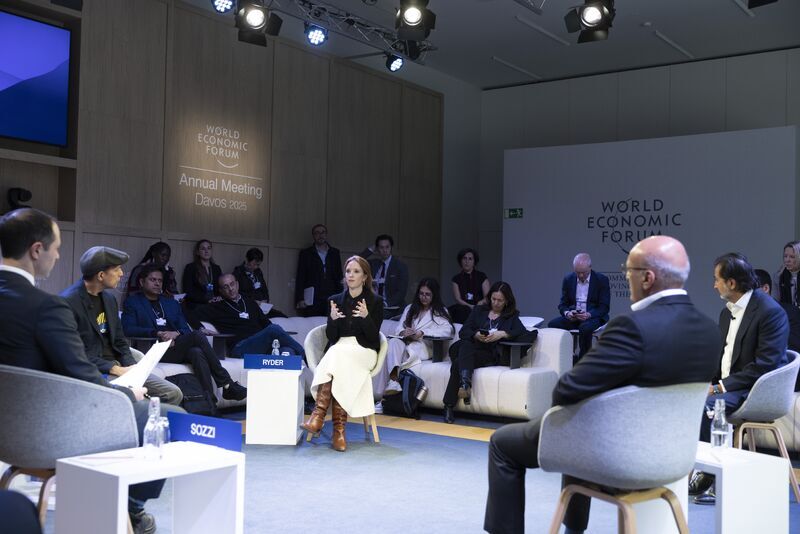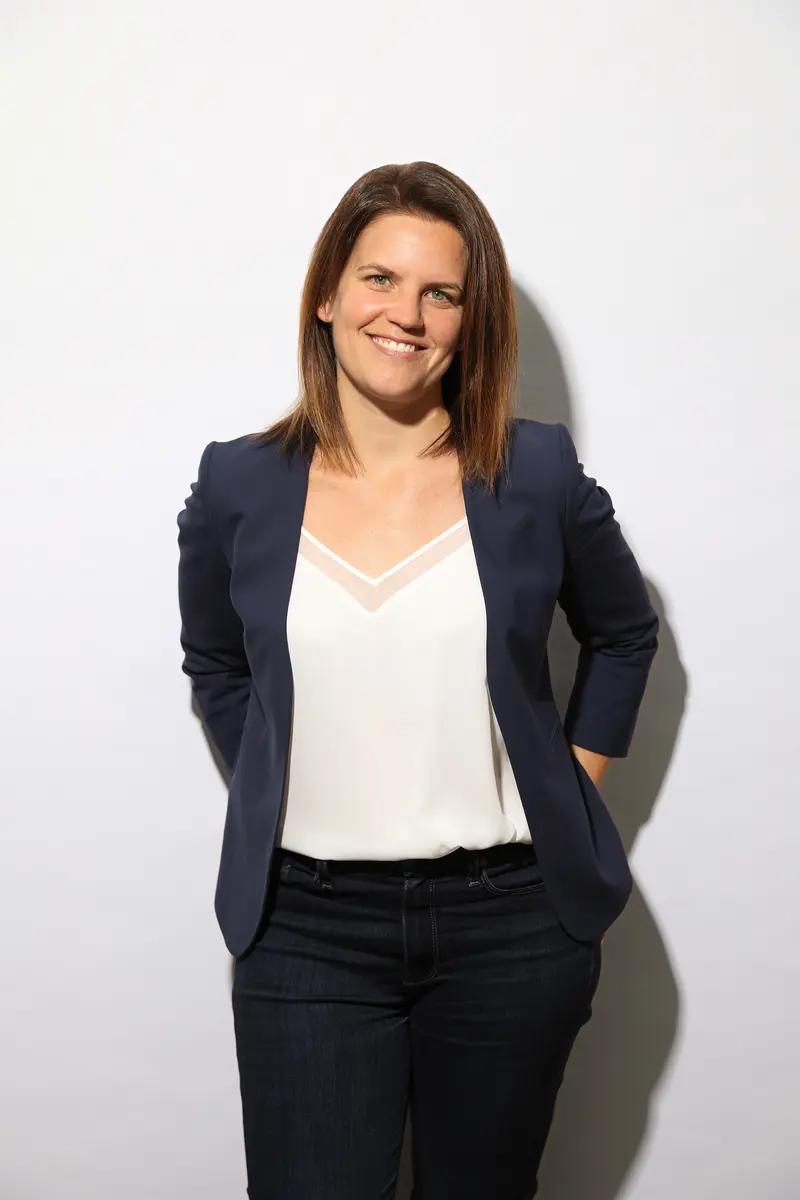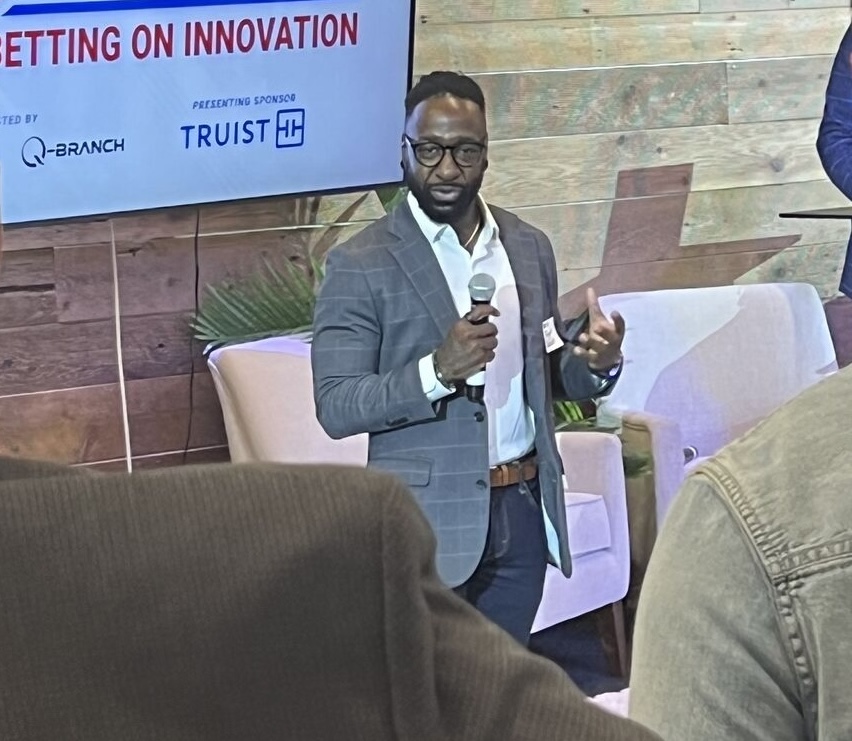Trying to summarize Amanda Heyman's career is a dizzying exercise – just when you think you've pinned her down, she's already mastered a new role.
Her path has stretched from journalist to environmental attorney, from startup lawyer to venture-backed founder, which has led to her funding startups as an accelerator director and now a venture capitalist.
“My husband always says my resume is crazy,” she laughs. “Sometimes I read through it and I'm like, ‘oh, this is why I'm tired.’”
Growing up, Amanda never saw herself as a businesswoman, except for the lone exception of running a lemonade stand. Instead, her professional interests initially steered towards journalism while writing for her high school newspaper.
Today, however, she is squarely at the heart of the startup world. As a co-founder and managing partner of Tundra Ventures, Amanda has made it her mission to lower barriers for “mold-breaking” founders by democratizing the knowledge required to build a fairer, more resilient startup system.
This relentless drive stems from a powerful intellectual curiosity. “The negative framing is I just get bored,” she admits. “But there's always so many more interesting things to learn.”
“I probably just have an overdeveloped sense of confidence in my own ability to learn new things,” she says. “I just like to collect information about how the world actually works.”
Today, she is taking on a new venture with Based Layer, a supportive, 1:1 strategic advisory that goes "beyond the pitch deck for startup founders raising their first investor dollars."
"What makes Base Layer different is that instead of just being taught how to pitch your company, you’ll work directly with me to lay the foundation for running a real company that can secure outside investment," she explains on her website.
Amanda's insatiable appetite for learning has created a through-line of her professional path — the engine behind her many, many career pivots.
Eye for News
Now a transplant to the Bay Area, Amanda moved from Minneapolis to San Carlos, California a little over three years ago. Her roots, however, trace back to the Washington, D.C. area
She lived there with her parents and younger sister until she was almost 7 years old, when the family relocated to Minnesota for her father to take a job as an early employee at a medtech company.
Amanda eventually settled into her new midwestern home, where she became known as a notably ambitious kid — some might have called her bossy or a little cocky — but she was always effective. She describes herself as the jerry-rigging type, a builder driven by making a positive change above all else.
“I always had a big lens for impact,” she explains. “I thought about where can I, with my particular talents, be the happiest and make the most impact and add the most value?”
This perspective naturally led her to journalism, which became the focus of her undergraduate degree at the University of Wisconsin-Madison.
After graduating in 2003 with a B.S. in journalism and a certificate in environmental studies, she headed west, believing it was the best place to find environmental issues to investigate. She landed in New Mexico, where she was offered a position reporting on topics like water rights.
She had finally achieved her goal, yet her mind began to wander. While she was making a difference in government accountability, she felt she could be doing more.
“But what I really saw move the needle was people who were able to, you know, sue people,” she says bluntly. Inspired by the “cool First Amendment lawyers” her newspaper in Española, New Mexico would keep on retainer, she decided she could do more good as a lawyer in the environmental space.
Love, Law, & Ag
At about the same time, she decided to pivot and attend law school at the University of Michigan, she also met her future husband, celebrating 22 years together this past Halloween.
Both lawyers, they applied to all the same law schools and attended the same university, “like weirdos.” The couple worked hard as they planned their future after they graduated law school, both looking to work with federal judges.
By the time they graduated in 2008, they were engaged and secured legal positions in the Twin Cities, with Amanda finding a clerkship. With new diplomas in hand and a future position (mostly) secure, The newlyweds decided take a long honeymoon as long as possible, allowing them to recenter before the grueling task of studying for the bar.
Once home, the couple locked themselves away. Surrounded by legal diagrams and their noses stuck in books for hours and an old iPod playing lectures through their tiny speaker – their only escapes were the study breaks to watch reruns of the show “Frasier."
But their hard work paid off. The two passed the test and officially became full fledged lawyers.
After two federal clerkships in Minneapolis, she was able to find a job with Farmers' Legal Action Group (FLAG), a nationally recognized public interest law firm. This is where she began her journey in the environmental space, finally feeling like she had found a good fit. At least for now.
Pivot, Pivot, Pivot
Over time, the fit at FLAG proved to be a bad fit for Amanda and her forward-driving energy, who quickly discovered that social impact law could be “very backward focused.” She watched as justice moved at a crawl pace, cases taking decades to be filed after the full damage had already been done.
As she began to explore the world of agricultural law, Amanda found a new thread to pull. The legal sphere surrounding sustainability and food systems was evolving, allowing her to dive into a new niche.
“I really like to find a new interesting area and just dive in and try to learn everything I can about it. I think that's something journalists do, right? And lawyers, honestly,” she says.
She began building this unique knowledge when she co-founded Jambor Heyman (Lawyers for Good Food) a boutique firm serving independent agriculture and food entrepreneurs, in 2013. This was followed by a stint with the United Nations' Food and Agriculture Organization, where she helped draft the first organic agriculture law for the African nation of Mauritius.
One of the drives of her diverse career, Amanda says, was that she was in search of “the perfect place to make the most impact.”
“Really, I think the answer is there isn't a perfect place,” she went on to say. “It's just, are you working with great people and are you learning new things and meeting new interesting people along the way?”
With this growth and wisdom, she began to look at the world differently, specifically with the very people she represented.
“It's actually where I got really interested in entrepreneurs,” she reveals, “because farmers are really just entrepreneurs.”
Founder to Funder
One of the things that became apparent over time was that cash makes the world go round – for better or worse.
“I think that has been an incredible education,” Amanda reflects, “to see how money and power are really flowing and how it affects people on an individual level.”
This insight ignited a spark and Amanda found herself exploring where it could take her. When her husband’s obsession with fantasy sports grew into something more, the two decided to launch Starting 11 in 2016, which was a venture-backed fantasy sports app.
As the startup grew, it began to fuel a deeper desire to learn about the business sector.
By the time 11 had reached it's venture funding milestone, Amanda decided to step away to fully commit to her next endeavor, Lunar Startups.
Before stepping away from 11, Amanda had partnered with Danielle Steer to build Lunar Startups (now Connect Up), Minnesota's first inclusive accelerator where two problems kept reemerging.
“They need to understand the universe in which they're playing and how it's bigger than Minnesota – but they also need money,” she explains, and the conclusion was inescapable. “If we wanted to see a really inclusive venture capital fund, we probably had to build it.”
So they did. Transforming Lunar startups into Tundra Ventures, looking to fund startups that make “the 99% healthier, wealthier, and more resilient.”
Reflecting on a decade in the startup arena, she sees entrepreneurship as a force that “puts you in a headfirst collision with reality on a daily basis.”
“You're not cushioned from the reality of whatever is happening,” she says. “I think it really teaches you very quickly how the world works in that way and what is really needed in order to grow – and survive even.”
Looking back, Amanda views Lunar Startups and Tundra Ventures not as separate entities, but as one continuous thread — the culmination of her journey and pursuit to build a better world.
“Being able to build that and see the fruits of it over time – that's been really great.”
